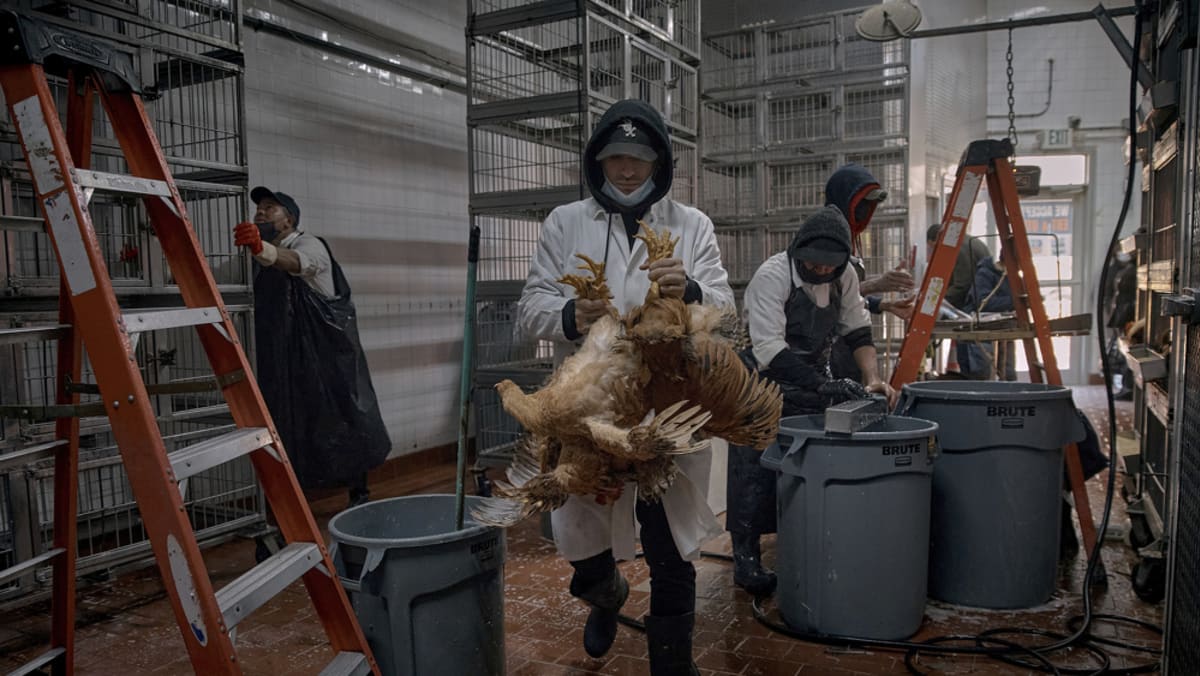Global Bird Flu Outbreaks in Mammals Surge, Raising Human Infection Concerns

PARIS: In a troubling new report, the World Organisation for Animal Health (WOAH) has revealed that incidents of bird flu outbreaks in mammals have more than doubled globally over the past year. This alarming trend signals an increased risk that the avian influenza virus could mutate and potentially spread among humans, prompting urgent calls for heightened vigilance from health authorities around the world.
Bird flu, particularly the strains that have been spreading rapidly in recent years, has wreaked havoc on poultry populations worldwide. The impact has been severe, leading to mass culling of infected birds, which in turn has caused a significant spike in egg prices—a situation that has drawn the ire of consumers and industry advocates alike. Moreover, there have been reported fatalities among individuals who have had direct contact with infected animals, underscoring the serious nature of this virus.
While the WOAH maintains that the overall risk of human transmission remains low, the increase in bird flu cases among mammals—including species such as cattle, dogs, and cats—raises alarms about the virus's potential for adaptation. According to WOAH's latest findings, the number of reported mammal outbreaks surged to an alarming 1,022 across 55 countries, a stark rise from 459 cases recorded the previous year, demonstrating a significant change in the epidemiological patterns of the virus.
Emmanuelle Soubeyran, the director general of WOAH, expressed her concerns to AFP, stating, "It is concerning because it is a change in the pattern of the epidemiology of the virus." This shift indicates that the virus may be evolving in ways that could pose new threats to public health.
Health experts have long warned about the potential for bird flu to trigger a pandemic, and there are particular concerns regarding its mutations as it spreads among dairy cows in the United States. Such developments could signify a worrying trajectory that merits close monitoring and proactive measures from health organizations.
The urgency of the situation is compounded by the backdrop of budget cuts to U.S. health and science agencies, a trend exacerbated by policies from the previous Trump administration. These cuts have included significant reductions to public health programs and the dismissal of staff from crucial epidemiological initiatives, such as the program known colloquially as the "disease detectives"—a team known for its role in tracking and managing outbreaks.
As the world confronts these challenges, the intersection of animal health and human health has never been more apparent, calling for cooperative efforts to mitigate the risks posed by infectious diseases that jump from animals to humans.




























